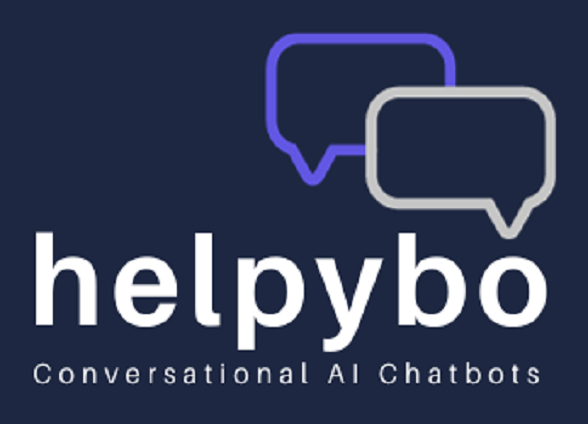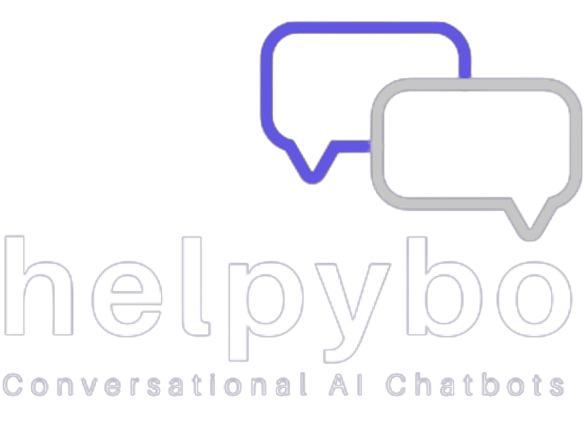AI Chatbots & Voice Assistants: The Next Big Trend in Customer Support
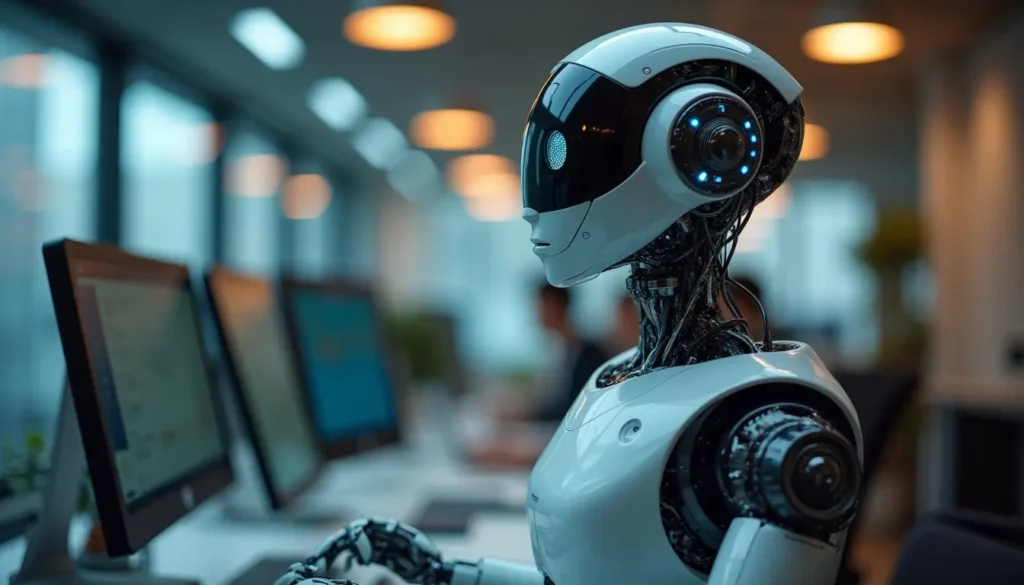
Customer assistance is changing quickly as AI-powered technologies transform established service models. In order to improve user experience, lower response times, and increase efficiency, companies are progressively using AI chatbots for customer support and voice assistants in customer service. Advances in smart voice technology and natural language processing (NLP) are allowing AI-driven consumer interactions to be increasingly smooth and tailored.
The Evolution of Customer Support
From Call Centers to AI-Driven Chatbots
Driven by AI, customer service has evolved from traditional contact centers to digital first solutions. Customer support at first consisted only of phone-based help, so human agents had to answer questions. But as conversational AI for businesses grows, chatbots and AI-powered helpdesk solutions have allowed automatic, real-time replies.
The Impact of Digital Transformation
Faster and more effective service has driven companies toward artificial intelligence-driven automation. Leading companies in using AI-driven voice and chat solutions for companies—Amazon Alexa, Google Assistant, and IBM Watson Assistant—have changed consumer interaction with brands.
This is a common question: ‘why AI chatbots are the future of customer service?’ Let’s answer this. By offering quick, data-driven solutions, lower wait times, and consistent help across several channels, AI chatbots are revolutionizing customer service. As natural language processing and machine learning develop constantly, AI chatbots are getting more intelligent and competent, improving consumer happiness and corporate productivity.
How AI Chatbots Improve Customer Experience
● Instant Response to Customer Queries
AI chatbots allow companies to instantly answer consumer questions, hence removing wait periods. This enhances AI-powered self-service, hence lowering reliance on human agents.
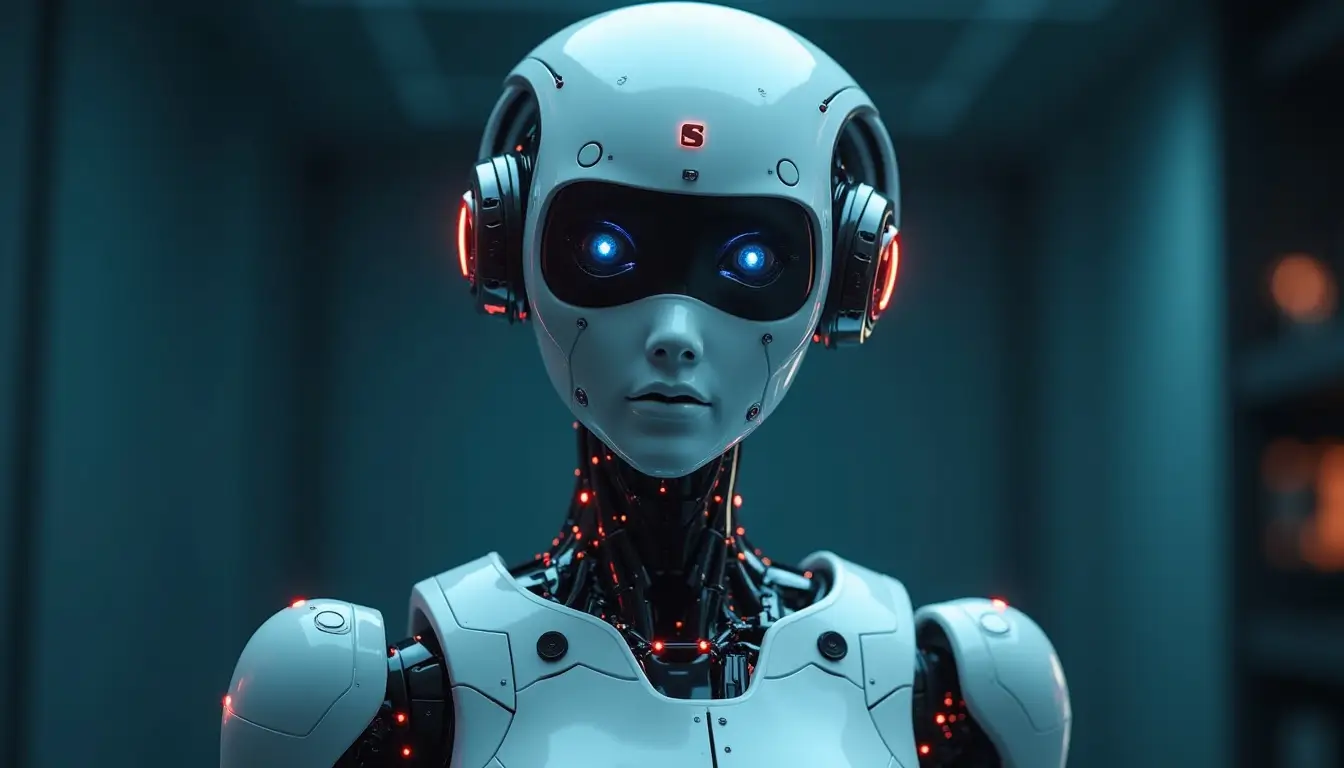
Have you thought about how AI-powered support reduces response time? By rapidly processing and answering questions, AI-powered customer assistance reduces delays and replaces the need for consumers to wait in large lineups. Using real-time data analysis and automation helps companies to offer quick fixes, hence improving operational effectiveness and customer experience.
● 24/7 Availability & Scalability
Unlike human operators, artificial intelligence chatbots answer hundreds of questions concurrently around-the-clock. By improving operational efficiency, this scalability guarantees a flawless omnichannel customer experience.
● Seamless Integration with Live Agents
While forwarding complicated problems to human personnel, artificial intelligence chatbots can manage regular questions. This guarantees human help against artificial intelligence: For consumer service, what is better? is now a hybrid model optimizing both strategies instead of a binary question.
AI vs. Human Support: What’s Better for Customer Service?
Ideal for efficiency and scalability, AI chatbots shine in managing repeated questions, responding immediately, and guaranteeing 24/7 availability. Human help is still absolutely vital, though, for managing difficult, emotionally charged, highly customized encounters requiring empathy and critical thought. The finest consumer service experience comes from a hybrid strategy integrating AI automation with human knowledge.
The Role of Voice Assistants in Customer Service
How Voice Technology Enhances Support Interactions
By letting consumers engage with companies hands-free, smart voice technology increases access. Voice assistants give exact answers and grasp user intent, therefore facilitating more natural and logical interactions.
Hands-Free Customer Assistance with AI
Voice assistants providing AI-powered customer assistance automation helps sectors including healthcare, banking, and eCommerce. Via voice commands, solutions such Google Assistant and Amazon Alexa enable consumers to perform transactions, access information, and fix problems.
Voice Assistants vs. Chatbots: Key Differences
While AI chatbots rely on text-based communication, voice assistants provide a conversational, hands-free experience. Chatbots are ideal for comprehensive, systematic searches; voice
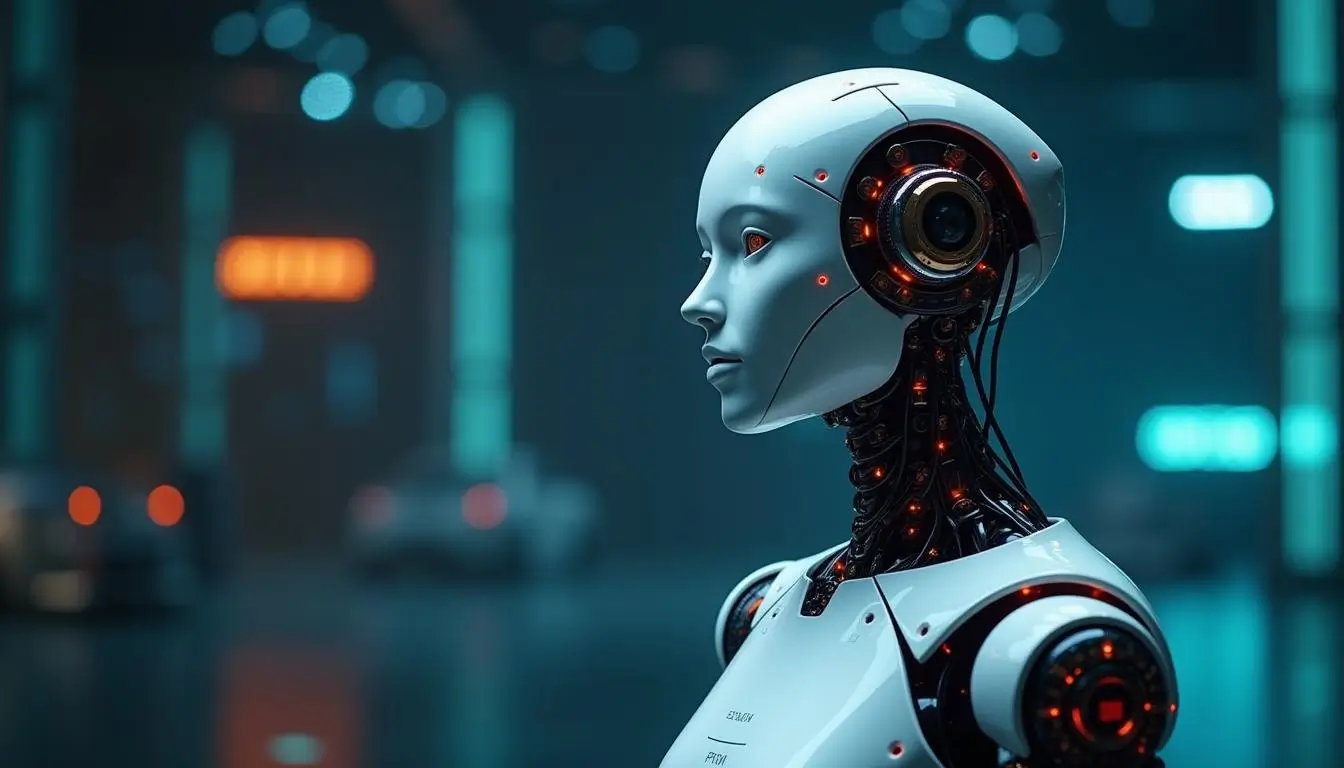
assistants flourish in quick, natural discussions. Boost customer satisfaction with voice assistants by responding quickly and effectively, therefore lowering wait times, and so improving user convenience. Using innovative AI-driven technology, the rise of smart assistants in customer service has transformed how companies engage with consumers and allowed flawless, customized experiences.
Key Benefits of AI-Powered Customer Support
Faster Response Times & Improved Efficiency
By greatly lowering response times, AI chatbots and voice assistants guarantee speedy resolution of problems and improving personalized customer engagement.
Cost Savings on Customer Service Operations
AI-powered systems reduce running costs by automating replies and managing large query volumes, therefore preserving service quality even at reduced operating expenses.
Personalized Interactions with AI
By means of AI-driven customer support automation, companies may evaluate consumer preferences and provide customised advice, thereby improving engagement.
Challenges & Limitations of AI Chatbots & Voice Assistants
● Addressing AI’s Limitations in Understanding Complex Queries
Sometimes artificial intelligence algorithms find context-heavy or ambiguous questions difficult, so natural language processing (NLP) has to be developed to raise accuracy.
● Ensuring Seamless Human Handover for Sensitive Issues
AI should enable seamless escalation to human agents for emotionally sensitive or complicated issues, hence preserving client confidence.
● The Need for Continuous AI Learning & Updates
To be useful, AI chatbots need frequent upgrades. Companies which want best performance have to make investments in AI-powered self-service enhancements.
With developments in predictive analytics, sentiment analysis, and hyper personalized interactions, thereby improving customer experience, the future of AI in customer support is set for constant innovation.
Best Ai-Powered Voice Assistants For Businesses
- Amazon Alexa: AI-driven voice assistant for customer service.
- Google Assistant: AI-powered virtual assistant for businesses.
- IBM Watson Assistant: AI chatbot for enterprise customer support.
- LivePerson: AI-based conversational customer service platform.
- Drift: AI chatbot for customer engagement and automation.
Real-World Use Cases: AI Chatbots in Action
AI Chatbots Improving eCommerce Customer Support
AI chatbots help retailers handle order monitoring, suggest items, and offer quick assistance. One excellent example of AI driven consumer interaction is drift.
Voice Assistants Streamlining Banking Services
Using virtual assistants for customer queries, banks allow voice-based balance searches, fraud detection, and transaction help.
AI-Powered Chatbots Enhancing Healthcare Support
By helping with appointment scheduling, symptom analysis, and patient questions, healthcare providers utilize artificial intelligence chatbots to lighten human staff workload.
The Future of AI Chatbots & Voice Assistants in Customer Support
AI-Powered Predictive Customer Support
Future AI will be able to predict consumer wants, provide proactive remedies before problems start, hence raising general contentment.
Advancements in Voice Recognition and Sentiment Analysis
AI will get better in identifying context and emotions, hence improving AI-powered helpdesk solutions.
The Rise of Hyper-Personalized AI Interactions
Omni-channel customer experience approaches driven by artificial intelligence will provide contextual, relevant, and interesting customer care.
Conclusion
The integration of AI chatbots and voice assistants is revolutionizing customer support with AI. Businesses using AI-driven solutions gain from much reduced costs, more customer happiness, and increased productivity. AI will become a necessary tool for offering flawless and customized service as it develops.
AI vs. human support: which one is right for you? Human assistance shines in empathy, problem-solving, and resolving delicate concerns while artificial intelligence provides speed, automation, and cost savings. The best strategy is a mix of both, using artificial intelligence for efficiency while keeping human engagement for challenging consumer demands.
FAQs
How do AI chatbots improve customer support?
Through quick, 24/7 help and shorter response times, AI chatbots greatly improve customer service. They answer several questions at once to guarantee no consumer is kept waiting. Natural language processing (NLP) helps chatbots to contextually comprehend and answer user questions, hence providing individual interactions. AI-driven customer care automation also lets chatbots proactively help consumers, recommend pertinent solutions, and, when needed, escalate problems to human agents thereby maintaining flawless service continuity.
Can AI voice assistants completely replace human agents?
AI voice assistants cannot totally replace human agents even if they can quickly automate basic questions such as order monitoring or account balance checks. Human involvement is still very vital in areas like emotional intelligence, sophisticated decision-making, and challenging problem-solving. AI is best used as a first-line support system; it handles monotonous jobs and deftly escalates complex, sensitive, or emotionally charged problems for human delegates. AI increases the capacity of human agents rather than replacing them, therefore lowering their burden and freeing them to concentrate on valuable client contacts.
What industries benefit most from AI-powered customer service?
AI is being used in several sectors to simplify consumer assistance processes:
- Retail & E-commerce: Product suggestions, order monitoring, and managing return calls all benefit from AI chatbots.
- Finance & Banking: AI-powered solutions balance questions, help identify fraud, and generate automated financial advice.
- Healthcare: Virtual assistants facilitate patient inquiry, symptom assessments, and appointment booking.
- Telecommunications: AI chatbots provide subscription upgrades, billing questions, and service issues.
- Travel & Hospitality: AI improves personal suggestions, real-time itinerary changes, and booking systems.
These sectors gain from cost control, efficiency gains, and improved client experiences, hence artificial intelligence is a necessary instrument for contemporary customer service policies.
How do AI chatbots integrate with CRM and helpdesk software?
AI chatbots smoothly interact with CRM systems and helpdesk systems to simplify processes, centralised client data, and improve service quality. With this connection, chatbots can:
- Real-time client data retrieval allows tailored interactions.
- Automatic log conversations help to guarantee consistency across touchpoints.
- Set off automatic processes like ticket generation, order changes, or follow-up reminders.
- Examine consumer activity patterns to improve data-driven decision-making and give support teams insightful analysis.
Using AI-powered helpdesk solutions will enable companies to increase operational efficiency while also building a more responsive, data-driven, customer-centric service model.
“The best customer service is if the customer doesn’t need to call you, doesn’t need to talk to you. It just works.” – Jeff Bezos
